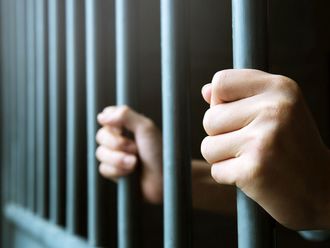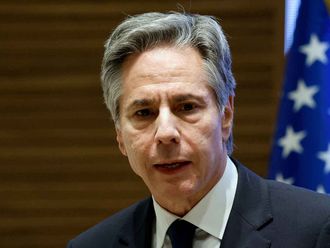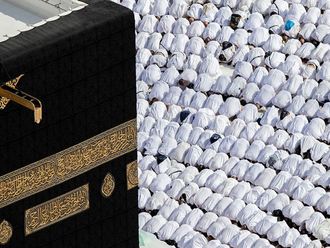Manama: A 5,000 dinar (Dh64,206) reward will be given to anyone who reports vote-buying cases as parliament elections heat up, Kuwait Transparency Society has said.
"We have been informed that anyone who reports the crime of buying votes will be offered KD5,000," according to the society, which is tasked with monitoring the parliamentary elections in Kuwait.
The society did not name the source of the information, but said that it had asked the government to allocate a budget for reporting violations.
"The budget will not be very big because the phenomenon of selling and buying votes will be eliminated following a few arrests," the society said.
Under Kuwait's elections laws, the buying of votes and the holding of private polls by tribes to agree on their candidates for the national elections are strictly prohibited.
Despite repeated warnings from the interior ministry, five tribes on Saturday held their private polling in the Fifth Constituency to select their candidates. However, the Kuwait Transparency Society recorded the process and handed the videos to the interior ministry.
On Tuesday, the ministry said that it was referring cases to the public prosecution for possible legal action.
Around 400,000 Kuwaitis are scheduled to cast their ballots for the 50-seat parliament on February 2.
However, Aseel Al Awadhi, one of the four women lawmakers in the outgoing parliament, said that she expected half of them not to vote.
"I think that around 50 per cent of the registered voters will not cast their ballots," she said. "People were upset over the repeated standoffs between the parliament and the government in the last two years," she said.
Several Kuwaitis, including the information minister, said that they expected the parliament to be renewed by around 70 per cent.
Seven days into the registration process, the number of candidates who signed up their names reached 276, including 17 women, after 22 men and four women formally registered themselves on Tuesday. The deadline for the registration is December 30.
Many of those who joined the battle for the 50 parliament seats called for resisting the use of political money in the elections, an amelioration of political activism standards and a change to the five electoral constituencies.











